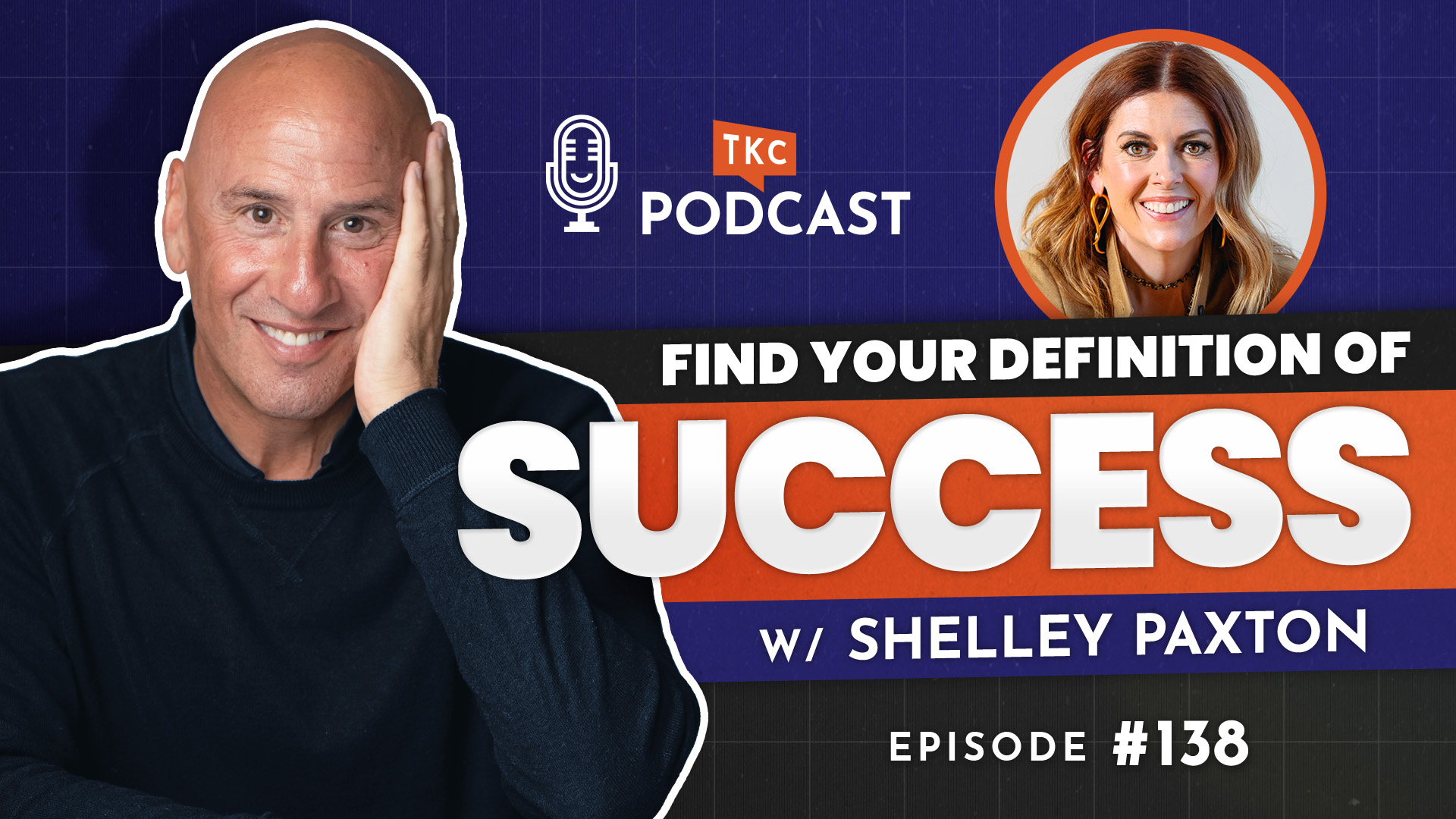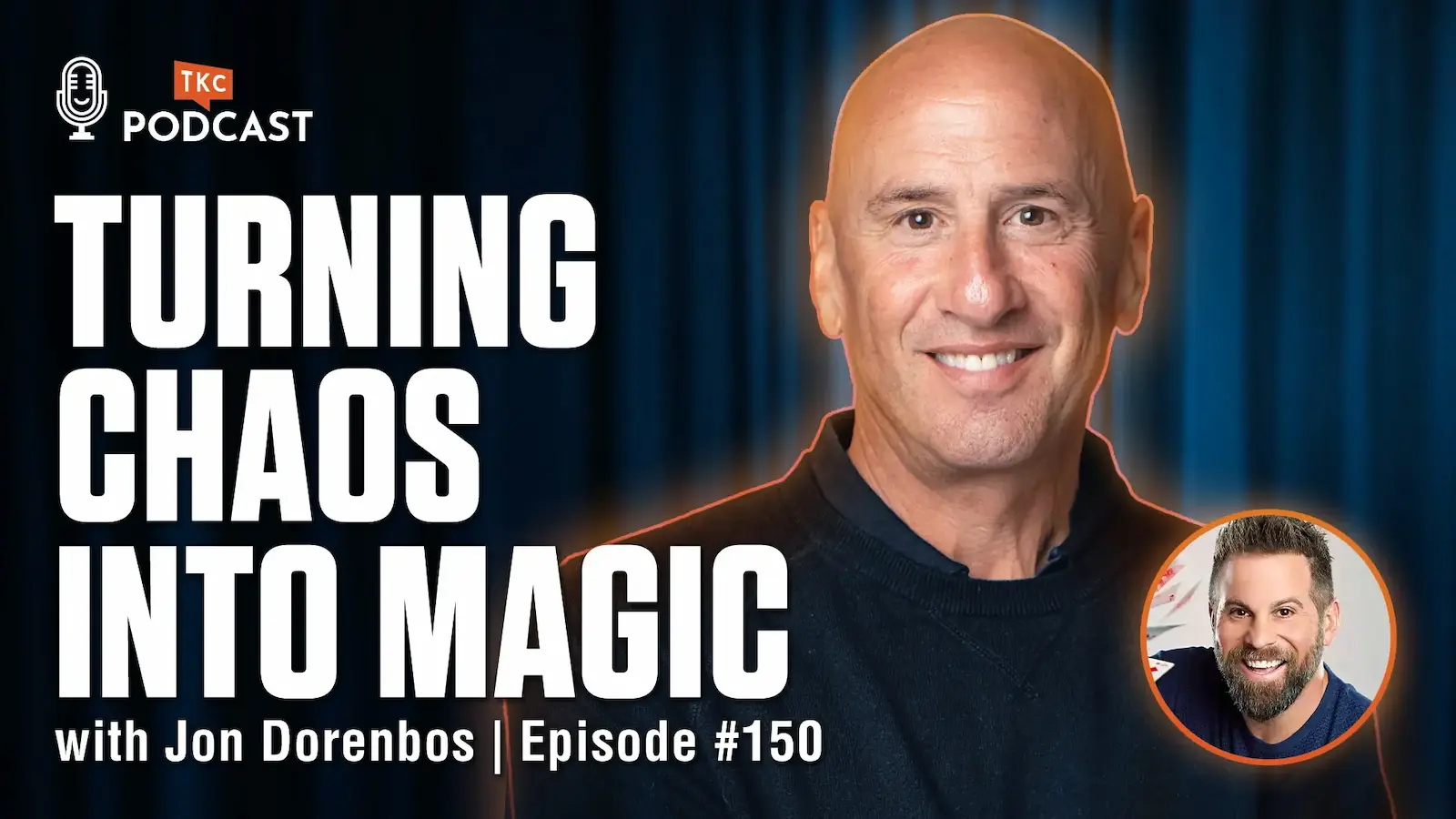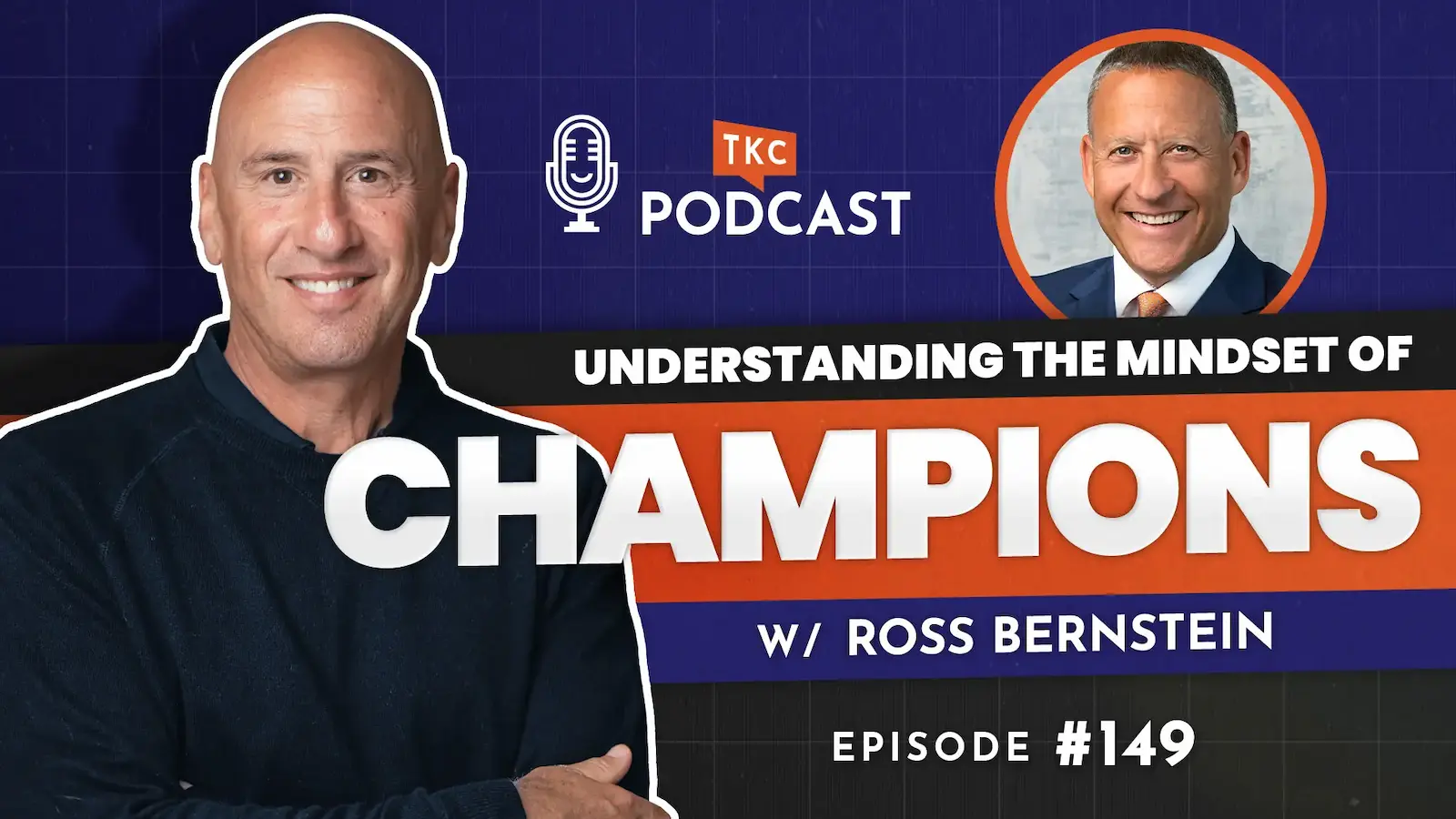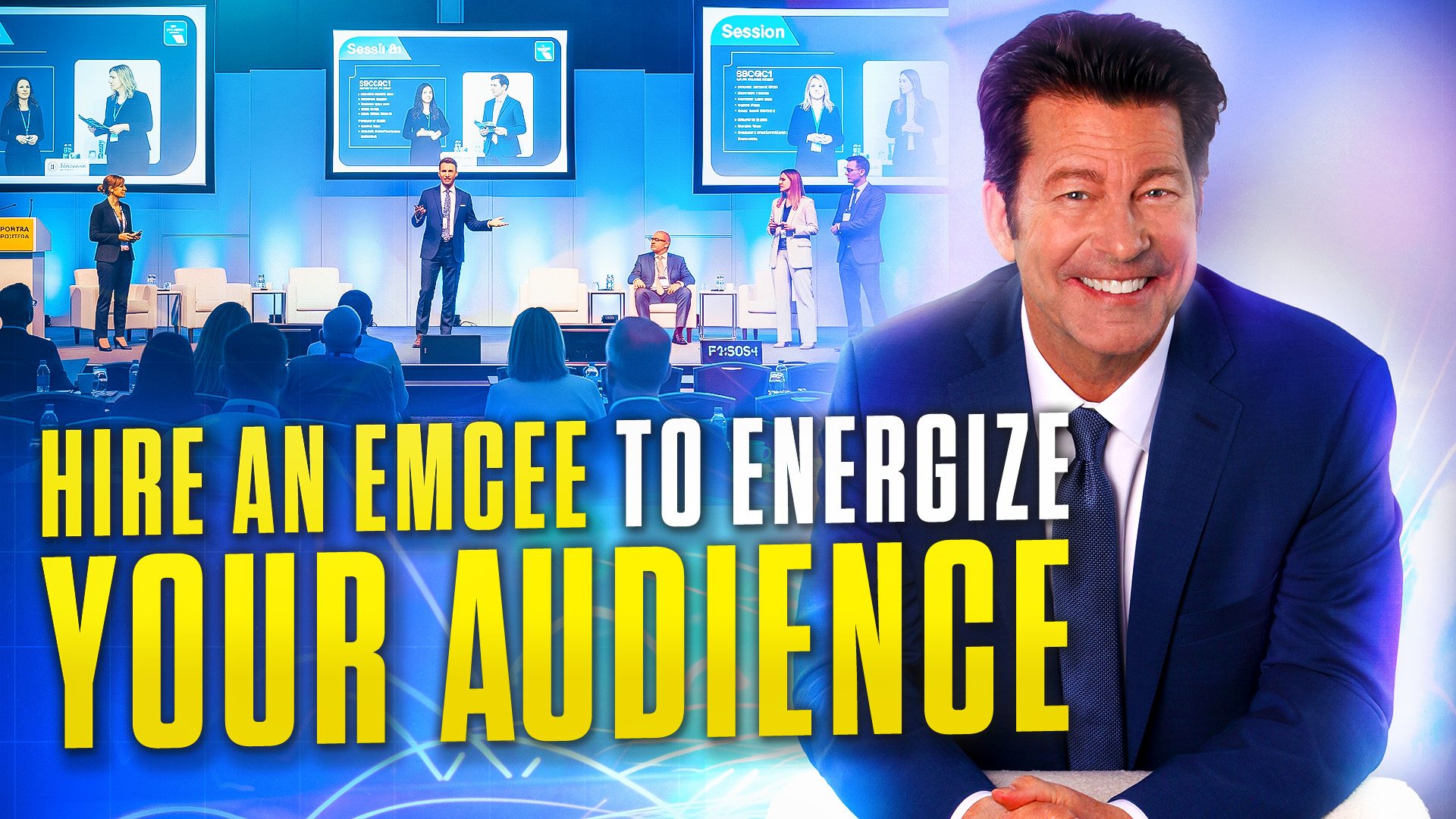
September 25, 2025Soul-Centered Leadership Transforms Success Beyond Traditional Metrics
Former Harley-Davidson CMO Shelley Paxton reveals how finding your soul's purpose transforms leadership success and creates thriving workplace cultures.
What happens when a successful executive walks away from their “dream job” to save their soul? Moreover, how does that decision ripple into a movement that’s reshaping corporate culture across industries? The answer lies in understanding that authentic success isn’t found in traditional metrics—it emerges from aligning your deepest values with your professional purpose.
This transformation from corporate conformity to soulful leadership represents more than personal growth. It signals a fundamental shift in how organizations must operate to attract, retain, and inspire today’s workforce. As meeting professionals and event planners design experiences that truly resonate, they’re discovering that soul-centered approaches create deeper engagement and lasting impact than surface-level motivational tactics ever could.
In this podcast episode with leadership keynote speaker Shelley Paxton, we’ll explore purposeful leadership, and we’ll reveal why the most successful professionals are choosing boundaries over burnout, values over validation, and pause over push. Additionally, you’ll discover practical strategies for integrating these principles into your own career and the events you create.
? Watch and listen to the podcast episode: YouTube • Spotify • Apple Podcasts • Amazon Music
When Corporate Success Becomes Soul Destruction
The corporate world loves success stories that follow predictable patterns. Climb the ladder, hit the metrics, earn recognition, repeat. However, what happens when that prescribed path leads to spiritual bankruptcy instead of fulfillment? Leadership keynote speaker Shelley Paxton discovered this paradox firsthand during her tenure as Chief Marketing Officer at Harley-Davidson.
Despite achieving what many would consider career pinnacle moments, Shelley found herself trapped in what she calls “should-ing all over your calendar.” The relentless pursuit of external validation had disconnected her from her authentic self. Consequently, her soul began sending increasingly urgent signals that something fundamental needed to change.
The wake-up call came through a literal nightmare that forced her to confront a crucial choice: maintain the facade of traditional success or honor the deeper calling of her soul. This moment of reckoning illustrates a phenomenon many high-achieving professionals experience but rarely discuss openly. The best-selling author now helps others recognize these signals before they reach crisis points.
Meeting professionals often witness this dynamic firsthand. They observe speakers and attendees who appear successful on the surface yet struggle with deeper issues of fulfillment. Understanding these patterns enables event planners to create programming that addresses authentic needs rather than superficial desires for motivation.
Breaking Free From the Should Trap
The concept of “should” represents one of the most insidious barriers to authentic success. These invisible chains dictate behavior based on external expectations rather than internal wisdom. Shelley’s journey from corporate executive to corporate culture transformer began with recognizing how deeply “shoulds” had infiltrated every aspect of her professional life.
Traditional business environments often reward “should” behavior while punishing authentic expression. Employees learn to suppress their true desires in favor of what they believe organizations want to hear. Meanwhile, this dynamic creates workplaces filled with people performing roles rather than expressing their genuine capabilities and passions.
The transformation occurs when leaders begin questioning these assumptions. Instead of asking “What should I do?” the more powerful question becomes “What does my soul need me to do?” This shift opens possibilities that remain invisible when operating from obligation rather than inspiration.
For event professionals, understanding this distinction proves invaluable when designing experiences. Sessions focused on authentic personal development create more meaningful connections than generic productivity workshops. Attendees hunger for permission to explore their genuine aspirations rather than receiving another list of optimization tactics.
Redefining Success Through Soul Alignment
Success, according to conventional wisdom, consists of measurable achievements: revenue growth, market share expansion, and recognition awards. Nevertheless, Shelley discovered that authentic success feels different from how it appears. The internal experience of alignment between values and actions creates a qualitatively different type of fulfillment that external metrics cannot capture.
This realization sparked her mission to help others “quit their job so they don’t have to”—meaning finding ways to transform existing roles rather than abandoning careers entirely. The goal involves creating alignment between soul purpose and professional responsibilities. Subsequently, this approach enables individuals to find meaning within their current contexts while maintaining financial stability.
The implications for business leadership extend far beyond individual satisfaction. Organizations that embrace soul-centered approaches often discover enhanced creativity, increased employee engagement, and improved retention rates. When people feel genuinely seen and valued for their authentic contributions, performance naturally improves.
Event planners can leverage these insights by incorporating soul-centered themes into their programming. Rather than focusing exclusively on tactical skills development, successful events now balance practical learning with deeper exploration of purpose and meaning. This integration creates experiences that transform participants rather than simply informing them.
The Ripple Effect of Authentic Leadership
When leaders begin operating from soul-centered principles, the impact extends far beyond their immediate sphere of influence. Authentic empowerment creates ripples that transform organizational cultures, industry practices, and societal norms. Shelley’s transition from corporate executive to rebel soul exemplifies how individual transformation can catalyze broader change.
These ripples manifest in various ways throughout organizations. Team members begin feeling safer expressing creative ideas when leaders model authentic vulnerability. Additionally, decision-making processes become more inclusive when leaders prioritize collective wisdom over individual expertise. The traditional command-and-control structures give way to collaborative approaches that honor diverse perspectives.
The measurement of impact also shifts from purely quantitative metrics to qualitative indicators of health & well-being. Leaders track employee satisfaction, cultural health, and sustainable practices alongside financial performance. This balanced scorecard approach creates more resilient organizations that thrive during challenging periods.
Meeting professionals observe these dynamics when planning events for transformed organizations. The energy feels different, conversations go deeper, and outcomes extend beyond immediate business objectives. Participants leave feeling genuinely inspired rather than temporarily motivated, creating lasting behavioral changes that benefit entire organizations.
Permission Slips for Professional Soul Care
One of Shelley’s most powerful concepts involves “permission slips” that enable professionals to prioritize soul care without guilt or self-judgment. These internal documents give individuals authorization to honor their authentic needs rather than defaulting to people-pleasing behaviors. Furthermore, permission slips serve as practical tools for implementing boundaries that protect emotional intelligence and prevent burnout.
The creation of permission slips requires honest self-assessment about personal values, energy patterns, and non-negotiable needs. Many professionals discover they’ve been operating without clear boundaries, leading to chronic overwhelm and diminished effectiveness. By contrast, individuals with strong permission slip practices maintain consistent performance while experiencing greater satisfaction.
Common permission slips include authorization to decline requests that conflict with core values, take breaks when energy flags, express authentic opinions during meetings, and pursue creative projects that feed the soul. These practices initially feel selfish to people accustomed to constant availability and people-pleasing behaviors.
Event planners can model permission slip practices by designing programs that honor diverse learning styles, energy levels, and participation preferences. Instead of cramming agendas with back-to-back sessions, successful events now include reflection time, optional activities, and resilience-building practices that support attendee well-being.
Choosing Pause Over Push in High-Pressure Environments
The contemporary business environment rewards constant action and immediate responsiveness. However, soul-centered leadership recognizes that strategic pauses often generate more valuable results than reactive pushing. Shelley advocates for “tactical pauses” that create space for wisdom to emerge rather than forcing solutions through sheer effort.
These pauses take various forms depending on context and individual needs. Some leaders implement daily meditation practices that center them before major decisions. Others schedule regular sabbaticals that provide perspective on long-term directions. Meanwhile, teams might institute pause protocols during heated discussions to ensure all voices are heard.
The change management implications prove significant. Traditional approaches often emphasize rapid implementation and immediate results. Soul-centered change processes honor the natural rhythms of transformation, allowing time for integration and adjustment. Consequently, these approaches create more sustainable changes with higher adoption rates.
Meeting professionals can incorporate pause principles into event design through mindful scheduling, reflection periods, and processing time between sessions. Attendees absorb and integrate information more effectively when given adequate time to digest complex concepts. Additionally, networking opportunities feel more authentic when participants aren’t rushing between obligations.
Transforming Event Experiences Through Soul-Centered Design
The evolution from traditional events to soul-centered experiences requires fundamental shifts in planning philosophy and execution strategies. Rather than focusing exclusively on information transfer and networking opportunities, transformative events create containers for authentic communication and genuine connection. This approach aligns with attendees’ deeper needs for meaning and purpose.
Soul-centered event design begins with understanding the authentic challenges and aspirations of target audiences. Instead of assuming participants want more tactical tips and networking contacts, planners investigate what truly matters to their professional and personal development. This research often reveals hunger for deeper conversations, meaningful connections, and practical wisdom that can be immediately implemented.
The programming structure reflects these priorities through intentional session design that balances learning with integration time. Inspirational & motivational content becomes more impactful when participants have opportunities to process and apply insights rather than rushing to the next presentation. Moreover, networking activities shift from superficial business card exchanges to structured conversations around values and aspirations.
The measurement of success also evolves beyond traditional attendance and satisfaction metrics. Soul-centered events track behavioral changes, relationship formation, and long-term impact on participants’ professional journeys. These deeper indicators provide more meaningful feedback about event effectiveness and influence future programming decisions.
Building Cultures Where Souls Thrive
Organizational transformation occurs when individual soul work expands into cultural initiatives that support authentic expression and purposeful work. Leaders who have embraced their own soul journey become advocates for creating environments where others can do the same. This evolution requires systematic thought leadership and consistent modeling of soul-centered behaviors.
Cultural transformation begins with reexamining fundamental assumptions about work, success, and human motivation. Traditional models often treat employees as resources to be optimized rather than souls seeking meaningful contribution. Soul-centered organizations recognize that people perform best when their work aligns with personal values and utilizes their authentic strengths.
The implementation involves policy changes, leadership development, and professional development programs that support holistic growth. Flexible work arrangements acknowledge individual rhythms and preferences. Performance evaluations include qualitative measures of satisfaction and alignment alongside quantitative results. Career development paths accommodate diverse definitions of advancement and success.
Meeting professionals working with transformed organizations notice distinct differences in event requirements and attendee engagement. These clients prioritize speakers who can address both professional competence and personal fulfillment. They value programming that integrates tactical skills with deeper exploration of purpose and meaning.
The Business Case for Soul-Centered Leadership
Skeptics might question whether soul-centered approaches can coexist with business results and competitive success. However, growing evidence suggests that organizations embracing authentic leadership principles often outperform their traditional counterparts across multiple metrics. The women leaders movement has particularly demonstrated how authentic expression enhances rather than undermines professional effectiveness.
Employee retention improves dramatically when people feel genuinely valued for their authentic contributions rather than their ability to conform to organizational expectations. Additionally, customer relationships deepen when interactions feel genuine rather than transactional. Innovation increases as diverse perspectives are welcomed and creative risks are supported rather than punished.
Financial performance often improves as well, though sometimes through different pathways than traditional approaches. Soul-centered organizations may grow more sustainably rather than rapidly, build stronger customer loyalty, and maintain more consistent performance during challenging periods. The long-term resilience created through authentic practices often outweighs short-term tactical gains.
Event professionals can present these business cases to stakeholders who remain skeptical about soul-centered approaches. Demonstrating ROI through multiple lenses—financial, cultural, and strategic—helps secure support for programming that addresses deeper human needs alongside professional development requirements.
Creating Permission for Others to Find Their Soul Purpose
The ultimate impact of soul-centered leadership extends beyond individual transformation to creating permission and pathways for others to embark on their own journeys. When leaders model authentic behavior and share vulnerable stories about their evolution, it normalizes the exploration of purpose and meaning within professional contexts. This attitude shift creates ripple effects throughout organizations and industries.
Permission creation occurs through storytelling, mentoring, and systematic support for others’ growth journeys. Leaders share both successes and struggles, helping people understand that transformation involves challenges alongside rewards. They also provide practical resources, introduce helpful connections, and advocate for policy changes that support diverse paths to fulfillment.
The multiplication effect proves significant. Each person who finds alignment between soul purpose and professional work becomes a beacon for others seeking similar transformation. Over time, these individual examples coalesce into cultural movements that reshape entire industries and redefine success metrics across organizational contexts.
Meeting professionals play crucial roles in this permission-granting process by creating platforms where authentic stories can be shared and deep conversations can occur. TED speakers and other thought leaders use these opportunities to normalize vulnerability and encourage exploration of purpose-driven approaches to professional success.
Practical Implementation Strategies for Soul-Centered Success
Understanding soul-centered principles intellectually differs significantly from implementing them practically within existing professional contexts. The transition requires specific strategies, tools, and support systems that enable sustainable integration rather than temporary inspiration. Successful implementation typically involves gradual shifts rather than dramatic overhauls, allowing time for adjustment and refinement.
The process begins with an honest self-assessment about the current alignment between values and actions. Many professionals discover significant gaps between what they claim to prioritize and how they actually spend their time and energy. Closing these gaps requires both internal work and external changes to responsibilities, commitments, and boundary management practices.
Daily practices form the foundation for sustained transformation. These might include morning reflection routines, regular check-ins with personal values, and evening assessments of energy and satisfaction levels. Additionally, weekly or monthly reviews help identify patterns and make course corrections before misalignment becomes overwhelming or destructive.
Professional support often proves essential for navigating complex transitions. This might involve coaching relationships, peer support groups, or mentoring connections with others who have successfully integrated soul-centered approaches into their careers. The journey requires ongoing encouragement and practical guidance from people who understand both the challenges and rewards involved.
Meeting professionals can support implementation by providing follow-up resources, creating ongoing learning communities, and designing multi-session programs that support sustained behavior change rather than one-time inspiration events. These extended engagement models create more lasting impact and better justify investment in transformational programming.
Measuring Success Beyond Traditional Metrics
Soul-centered success requires new measurement frameworks that capture qualitative experiences alongside quantitative results. Traditional business metrics remain important but prove insufficient for assessing the full impact of purpose-driven approaches. The development of more comprehensive evaluation systems enables organizations to track progress toward authentic success rather than superficial achievements.
Personal fulfillment indicators might include energy levels, relationship quality, creative output, and alignment between stated values and daily actions. Professional measures could encompass team satisfaction, innovation rates, customer relationship depth, and sustainable performance patterns. These qualitative indicators provide insight into long-term viability and satisfaction that financial metrics alone cannot capture.
Organizational assessment involves cultural health surveys, retention analysis, and stakeholder feedback about authentic leadership behaviors. Additionally, tracking systems might monitor work-life integration success, employee advocacy levels, and the quality of decision-making processes. These comprehensive approaches provide more accurate pictures of organizational effectiveness and sustainability.
Event measurement similarly expands beyond attendance and satisfaction scores to include behavioral change indicators, relationship formation metrics, and long-term impact assessments. Soul-centered events track whether participants implement insights, maintain connections formed, and report sustained motivation months after attending programs.
The Future of Soul-Centered Professional Development
The integration of soul purpose with professional success represents more than a temporary trend or individual preference. This movement signals fundamental shifts in how work, leadership, and organizational culture must evolve to remain relevant and effective in contemporary contexts. Understanding these changes enables proactive adaptation rather than reactive adjustment as transformation accelerates.
Generational differences drive many of these changes as younger professionals prioritize meaning and purpose alongside traditional success metrics. Additionally, global challenges require collaborative approaches that transcend traditional competitive frameworks. The complexity of modern problems demands diverse perspectives and creative solutions that emerge from authentic rather than conformist thinking.
Technology acceleration paradoxically increases the importance of human connection and authentic relationship building. As automation handles routine tasks, human work increasingly involves creativity, collaboration, and complex problem-solving that require soul engagement rather than mechanical execution. This evolution makes authentic leadership more valuable rather than less relevant.
Meeting professionals must understand these trends to remain effective in supporting organizational development and individual growth. Future events will need to address both tactical skills and deeper human needs, creating integrated experiences that honor the full spectrum of professional development requirements.
The journey toward soul-centered success ultimately represents a return to fundamental human needs for meaning, connection, and authentic expression within professional contexts. Rather than abandoning business principles, this approach integrates them with deeper wisdom about sustainable motivation and lasting fulfillment. The result creates more effective organizations, more satisfied individuals, and more meaningful contributions to societal challenges.
Moreover, the ripple effects extend far beyond immediate participants to influence entire industries and cultural norms. When leaders courageously model authentic behavior and share vulnerable stories about their transformation journeys, it creates permission for others to explore their own paths toward purposeful success. This multiplication effect generates systemic changes that reshape how we think about work, leadership, and professional achievement.
As meeting professionals and event planners design experiences for this evolving landscape, they have unique opportunities to facilitate transformation rather than simply providing information. By understanding the principles of soul-centered success and implementing them within their programming, they become catalysts for the broader cultural shifts toward more authentic and sustainable approaches to professional development.
The integration of soul purpose with career success isn’t just an individual journey—it’s a collective evolution toward more human-centered approaches to business and organizational effectiveness. Those who embrace these principles early position themselves to lead rather than follow as these changes accelerate throughout industries and communities worldwide.
Ready to Transform Your Leadership Through Soul-Centered Success?
The journey toward authentic leadership and purposeful success begins with a single step, but you don’t have to take it alone.
Book soul-centered leadership keynote speaker Shelley Paxton to bring transformational insights to your next event and inspire your audience to choose boundaries over burnout.
Explore our complete roster of transformational speakers who can help your audience discover their authentic path to professional fulfillment.
Schedule a 15-minute discovery call to discuss how soul-centered programming can elevate your next meeting or event.
Discover More Insights
Get in TouchContact US
Fill out the form so we can best understand your needs.
A representative from The Keynote Curators will reach out to you.








